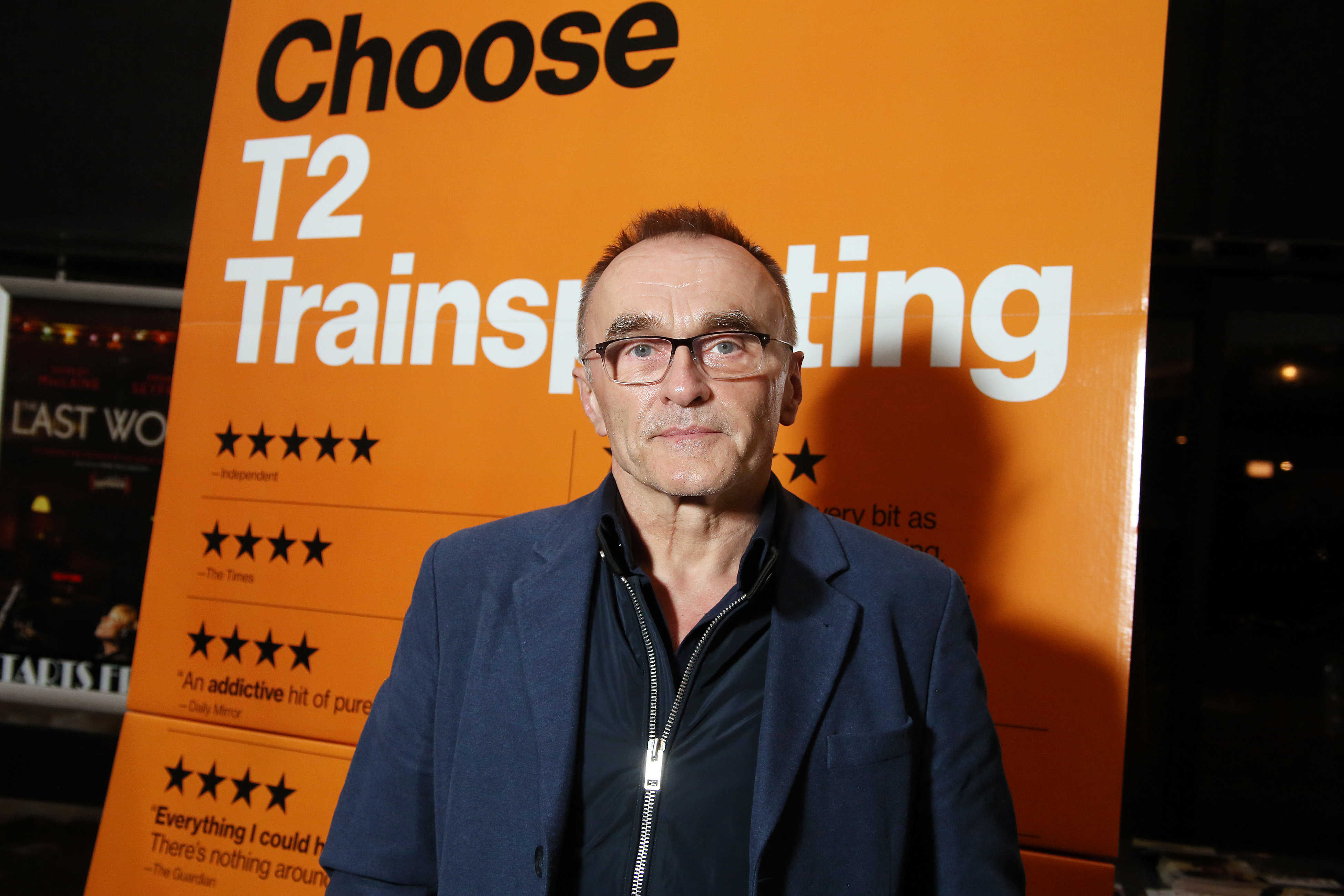Danny Boyle is the director of “Trainspotting,” “28 Days Later,” “Steve Jobs” and “Slumdog Millionaire,” which garnered him an Academy Award for Best Director. For his latest film, “T2 Trainspotting” – which follows the cast of “Trainspotting” as they confront old rivalries, old vices and growing old – Boyle sat down with The Daily to talk friendship, drugs and his love for Hannibal Lecter.
The Stanford Daily (TSD): It’s a fortunate (or perhaps unfortunate) time to release “T2 Trainspotting,” because heroin usage was such a key component of the first film. As you know, the U.S. is in the middle of a serious opioid epidemic, which means that your film could become a testament to our generation’s relationship with drugs. Did you feel this responsibility to portray drug usage (especially heroin) in a certain way?
Danny Boyle (DB): No, because films are so slow to come out. This one was quick; we started shooting it nine months ago and began working on it a year ago. So that’s slow. So if you’re going to address a public health issue like that, you’ve got to make a documentary and be prepared to work quickly.
Drama stories are different. Their application to what’s going on in the world is sometimes coincidental, and sometimes inappropriate. It’s impossible to guess, really. People talked about the first film being about drugs – and there are a lot of drugs in the first film, not so many in this film – but really, [the original “Trainspotting”] is about friendship, and about energy and youth. You can read it as a social documentary about Edinburgh’s drug problem, which was huge at the time and still is, but I would argue that these kind of movies are important because our relationship with heroin is an ongoing one. It will come and go, but it will always be there because it always has [been]. No one’s found a way of eradicating it, partly because we medically depend on it. If you’re ever in terrible pain, either through an accident or if you’re close to death, you’ll be administered morphine. And that is partly responsible for America’s opioid problem at the moment, partially because the opioids are actually prescribed and are leading to people’s dependency on these painkillers.
The reason it’s interesting is people use it for emotional pain as well, which is how we apply it in the film. When painful memories resurface, [Ewan McGregor’s character] Rent Boy goes back to heroin, because he has this emotional load he can’t deal with. That’s why people need help with dependency, because they’re not trash. They’re not victims. They’re just us, and they can’t cope, and they need help. So I couldn’t claim that “T2 Trainspotting” addresses the opioid epidemic, except to say that it’s sympathetic to [those] people who are mostly drawn unsympathetically: heroin addicts.
TSD: Your characters deviate somewhat from [“Trainspotting” novelist] Irving Welsh’s original intentions. How did you decide where these characters would end up now, 21 years after the original film was released?
DB: It’s a mixture of me, [screenwriter] John Hodge and the actors – who bring their own perspective to the characters with their bodies and spirits. In the book, they’re probably even more unpleasant! But even though they’re unpleasant, you don’t think that, because film generally tends to make you sympathetic to the characters [you’re] looking at. Even villains like Hannibal Lecter – film has a tendency to make you like them. Even Begby, who’s an appalling person, you actually quite like him.
We see elements of ourselves in the characters we see on screen. They may be extreme versions of ourselves, but you can still recognize them. So with respect to the characters of “Trainspotting,” the cast and I follow our path and Welsh follows his, and they run in parallel. I wish Welsh had written the characters of [“Trainspotting” novel sequel] “Porno” to be more like the ones in our movie, but maybe he wished our characters had been more like the ones in his books. So our characters are harmonious, but not overlapping.
Contact Carlos Valladares at cvall96 ‘at’ stanford.edu.
